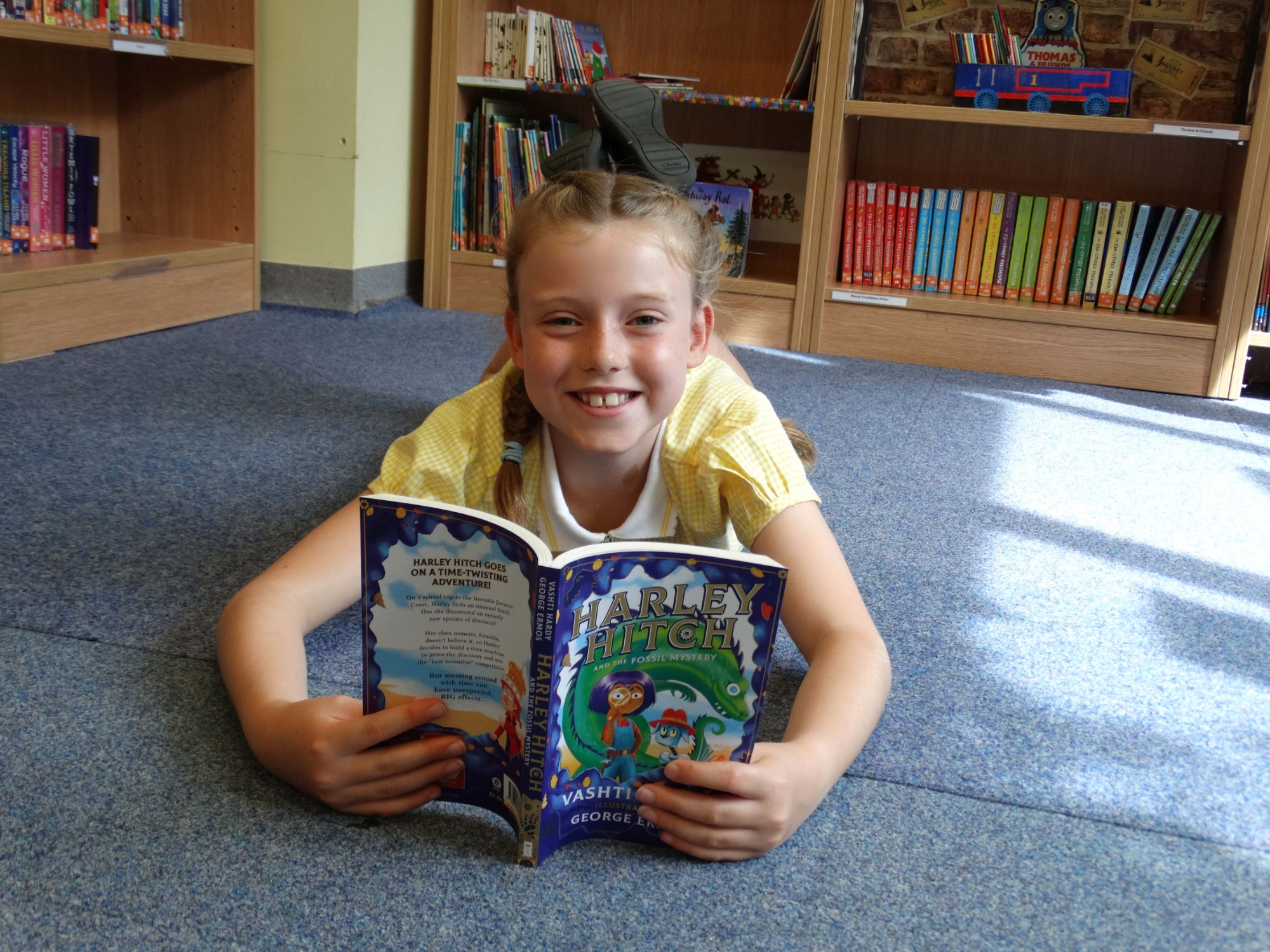Phonics and Reading


At West Park, we teach phonics using the systematic, synthetic phonics scheme, ‘Read Write Inc’. Phonics is taught discretely in Early Years, Year 1 and Year 2 in daily sessions. Phonics is taught 1:1 in regular sessions for those children in KS2 who are still learning to read. Phonics sessions are fun and interactive with a variety of different activities for our children to practise and apply their phonic knowledge in meaningful contexts. Phonics strategies are modelled, as they arise, throughout the school day in reading and writing activities to reinforce learning. Regular assessment enables us to carefully match children’s phonic knowledge to their reading books and plan next steps for learners. During the day, there are short focussed individual and small group interventions for those children who need extra support with that day’s learning or for those who need to go over previous learning. We aim for children to 'keep up' rather than 'catch up' on their phonics learning.
Phonics Pedagogy Statement
At West Park CE Primary School, we believe that children get the best possible start in their journey of reading and writing by having secure foundations in their knowledge of phonics. Every member of school teaching and support staff have been trained using Read Write Inc so we can make sure we offer consistently good quality provision. Being able to recall phonemes rapidly and the ability to blend and segment words, children become confident learners. Having a good understanding of phonics enables children to gain independence in reading and writing and make good progress across the whole curriculum. Phonics is taught discretely in Early Years, Year One and Year Two every day. We use a systematic, synthetic phonics approach using the ‘Read Write Inc,” as our pedagogy, which includes a rhyme and picture for each sound. The sequencing of sounds taught then aligns with our reading schemes.
- A revision of the taught sounds using the flashcards.
- A targeted phoneme which may be new or revised.
- Target ‘green’ and ‘red’ words with target sound in.
- Formation of graphemes.
These sessions are well-paced, keeping children active in their learning. There is lots of opportunity for spaced repetition, not only at the beginning of every session but also in moments throughout the school day. This is a key opportunity to develop letter formation and handwriting. During the school day there are lots of further opportunities through our sequence of writing where we have significant focus on modelled writing through which the application of phonics and tricky words will be a focus. All adults in the classroom actively encourage children to apply their phonetic knowledge to their reading and writing.
Assessment
Children are assessed in each session and more formally every half-term, in line with the, ‘Read Write Inc' schedule. Due to regular assessment, those who are not making expected progress are picked up promptly. Continuous formative assessments ensure that all children’s needs are being met and that they are making progress. These assessments will inform the daily individual and group interventions. Where there are specific gaps in the children’s knowledge of phonemes, sounds are sent home for practice. It is important to allow lots of opportunity for these children who have not yet mastered taught sounds to have lots of spaced repetition. In Year 1, the Phonics Screening takes place in June. A ‘baseline’ in the form of a past paper will be administered with children at the beginning of Spring 2 with results and next steps discussed with our Reading Leaders.
Reading
Our reading scheme is formed of Read Write Inc books. This enables us to match the child’s phonics phase with their reading book band. Books are given to children in Reception when they have mastered the first set of phonemes and are beginning to blend. Through regular assessment, children read books that are in line with their phonetic knowledge. It is vital that home reading is actively encouraged and followed up when not happening. Those children who are not reading at age related expectations will become our ‘daily readers’, who are heard during additional times during the school day.
Home School Partnership
It is vital to have phonics as part of the children’s home learning. New phonemes and opportunities to practice using them are to be sent home weekly. We engage with parents and educate them in understanding how best to support their children to revisit and recap learning at home through inviting them into phonics session, face to face meetings and sharing resources from RWInc materials.
